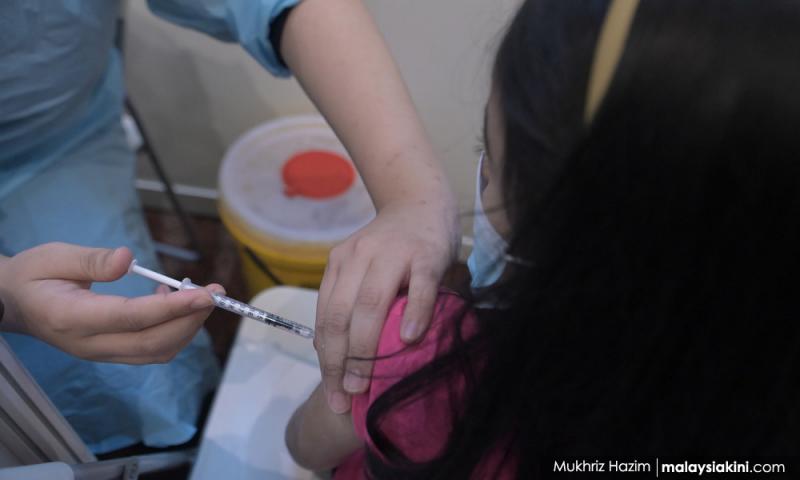LETTER | Cervical cancer: Teenage girls need protection
LETTER | With cervical cancer being the most preventable cancer worldwide, there is no reason to deprive our teenage girls of this protection.
About 560,000 teenage girls in Malaysia were not provided human papillomavirus (HPV) vaccinations in schools, and are at a much higher risk of cervical cancer than those who were.
Upon receiving enquiries from concerned parents and organisations, the National Cancer Society Malaysia (NCSM) carried out a survey across secondary schools.
After identifying all districts, one secondary school was randomly selected from each and contacted. Teachers in charge of the vaccination programme were asked if the school had successfully carried out the HPV immunisation programme in years 2020, 2021, and 2022.
Our survey shows that the Malaysian HPV Immunisation Programme – implemented in 2010 – has been halted from the year 2020. This has resulted in at least 360,000 13-year-old teenage girls missing their HPV vaccinations in 2020 and 2021.
Human papillomavirus infections are the main cause of cervical cancer – the third most common cancer among women in Malaysia. Individuals infected with HPV are at risk of developing a pre-cancerous lesion called cervical intraepithelial neoplasia, which subsequently develops into cervical cancer.
HPV vaccines, by protecting individuals from 90 percent of HPV-related cancers, are the main preventative measure worldwide against cervical cancer.
Since 2010, the government has implemented a national school-based HPV immunisation programme, in which two doses are given six months apart.
This is carried out according to the globally recommended dosage, in which two doses are required for individuals vaccinated before age 15, and three doses for individuals vaccinated after age 15.
In this programme, HPV vaccines have been provided to 13-year-old teenage girls in secondary schools.
Based on reports by the Health Ministry, about 250,000 individuals – 85.8 percent of this cohort – were vaccinated each year.
Based on these statistics, NCSM estimates that 200,000 individuals from this cohort would have missed the HPV vaccination in 2022.
Our results showed that overall, most states did not report having carried out a comprehensive HPV immunisation programme in these years.
The districts surveyed in Perlis, Putrajaya, and Labuan did not report conducting any HPV vaccination programmes; Melaka reported having conducted the programme in 2020, but not in 2021 and 2022; Kedah, Perak, Penang, Johor, Selangor, Negeri Sembilan, Pahang, Terengganu, Kelantan, Sabah, Sarawak, and Kuala Lumpur did not report conducting full HPV vaccination programmes from 2020 to 2022.
This situation is not exclusive to Malaysia – the Covid-19 pandemic had shifted the world’s focus to acute communicable diseases.
A study in the US estimated that the disruption of HPV vaccination programme would lead to 132,000 more cases of cervical intraepithelial neoplasia over the next 50 years, and up to 6,487 more cases of cervical cancer over the next century.
We must act on this now. We urgently request the government to restart HPV vaccinations for 13-year-old teenage girls in secondary schools and implement a catch-up programme for those who have missed out from 2020 to 2022.
Apart from saving lives, restarting the HPV vaccination programme is also cost-effective, as three doses – rather than two – will be required for individuals over age 15.
Protecting individuals against cervical cancer also leads to fewer healthcare resources spent on treating and managing cervical cancer in the future.
Catch-up programmes for HPV vaccination have been carried out before, in which the MyHPV programme vaccinated single or unmarried women born between 1992 and 1996 for free in 2019.
The cost for the HPV vaccination programme should be allocated as a part of the Covid-19 recovery efforts under the 2023 Budget.
The views expressed here are those of the author/contributor and do not necessarily represent the views of Malaysiakini.
RM12.50 / month
- Unlimited access to award-winning journalism
- Comment and share your opinions on all our articles
- Gift interesting stories to your friends
- Tax deductable
